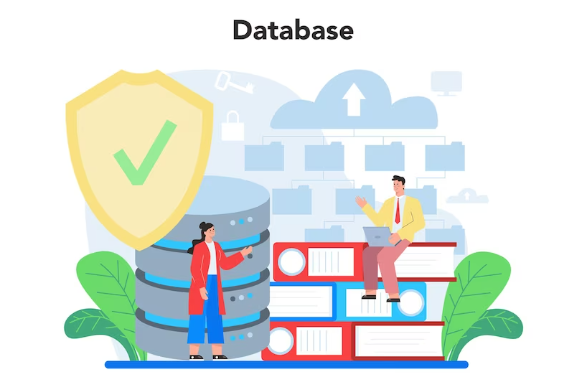When it comes to database storage, businesses need to ensure that their data is reliably and securely stored. With technology advancements, there are many options available to enhance your data storage facilities. Network attached storage (NAS) systems are becoming more popular for database storage due to their various benefits. This blog post will explore the benefits of using NAS systems for database storage and how it can help businesses stay ahead of the curve.
Scalability and Flexibility
NAS systems provide businesses with a scalable solution for database storage. As a business grows, so does the amount of data it generates, and a NAS system allows businesses to scale their infrastructure without interrupting their daily operations. With an enterprise NAS storage, businesses can increase storage capacity as per demand. With a NAS system, businesses can also choose to add more drives, change architectures, and perform other adjustments that provide greater flexibility.
Enhanced Data Backup and Recovery
Backup and recovery of data can be a major pain point for businesses. Data loss due to hardware failure, malware, or natural disasters can be devastating for a business. NAS systems offer businesses a superior backup and recovery solution compared to traditional hard drives or in-house servers. With a NAS system, businesses can store data across multiple hard drives, which reduces data loss associated with hard drive crashes. Additionally, NAS systems offer many tools to allow for the continual backup of data, securing your database and allowing for all-time recovery.
Cost-Effective Solution
For businesses, cost is a major consideration, and a NAS system can be a cost-effective solution for their needs. Rather than investing in physical servers and in-house storage, businesses can get an enterprise NAS storage system for a fraction of the cost. This is an ideal solution for businesses that have limited budgets or are just starting.
Secure Access and Collaboration
With a NAS system for database storage, businesses can secure access to their data. NAS systems allow businesses to create user accounts for access, and data can be backed up in multiple locations for added security. Additionally, NAS systems offer enhanced collaboration with their multiple user management capabilities. This means that businesses can easily grant and restrict access to specific data sets to different users, ensuring their important data is protected at all costs.
Improved Performance
Finally, in the era of big data, quick access to data is critical. With NAS systems, businesses can improve their database performance. NAS systems offer businesses the ability to use high-performance drives, cache data, and use high-speed network connections, all of which results in increased speed and faster data retrieval. This can lead to a more efficient team, increased productivity and better customer service.
Conclusion
There are many benefits to using NAS for database storage. From its scalability and flexibility to its enhanced data backup and recovery, cost-effectiveness, secure access, and improved performance, a NAS system is a valuable asset to businesses of all sizes. By moving to NAS storage, businesses can future-proof their infrastructure and secure their data without breaking the bank. If you are considering a move to a NAS database storage solution, look for a reliable and reputable vendor who can find a solution best tailored to your business.
Whether you are a small start-up or an established enterprise, NAS Systems solutions can help you handle almost any challenge related to your organization's data.
